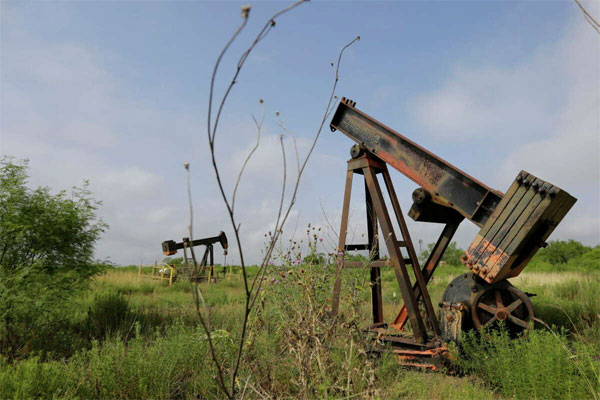Commission Shift Statement on the End of the 2021 Regular Legislative Session
LAREDO, Texas – Less than one year after approving a “final rule,” the Railroad Commission of Texas has proposed new amendments to their Critical Infrastructure Rule (§3.65, relating to Critical Designation of Natural Gas Infrastructure), which is meant to define which natural gas supply chain facilities may be required to weatherize. The proposed amendments will reduce the number of facilities that are required to comply with the weatherization rule – so much that Texas may not have enough gas production available to meet demand if we experience another winter weather emergency of the same magnitude as Winter Storm Uri.
Commission Shift submitted public comments on amendments to the Critical Infrastructure Rule Friday October 7th, which include a rubric evaluating the November 30, 2021 “final rule” against the new September 16, 2022 proposed amendments. The evaluation reveals a loosening of weatherization requirements and enforcement, while previously identified weaknesses in the November 2021 “final rule” remain largely unchanged.
“Taken as a whole, the rule allows for broad exceptions for natural gas facilities to get out of weatherizing – which could leave Texans vulnerable down the road,” said Virginia Palacios, Commission Shift Executive Director.
The Railroad Commission could approve critical infrastructure rule amendments at their November 1, 2022 Open Meeting. If the rule is approved and filed on that day, it could take effect as early as November 21, 2022. They could also schedule a meeting before November 1, if they want to fast track the decision.
Highlights from Commission Shift’s comments:
###
Commission Shift is a Texas-based nonprofit building public support to hold the Railroad Commission of Texas accountable to its mission in a shifting energy landscape. We educate and organize a wide array of Texans to build support for changes at the Railroad Commission that improve the agency’s function, transparency, and accountability to the many people and places impacted by the oil and gas industry.

Commission Shift Statement on the End of the 2021 Regular Legislative Session